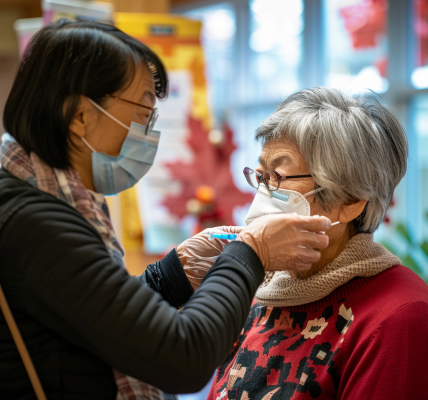We and our partners prioritize your privacy and are committed to ensuring the security of your personal data. We store and/or access information on a device, such as cookies, to process personal data for personalized ads and content, ad and content measurement, and audience insights. With your permission, we and our partners may utilize precise geolocation data and identification through device scanning. Your consent is valuable to us, and you have the ability to change your preferences at any time by returning to this site.
As responsible pet owners, it is crucial to be aware of the health risks that our furry friends may face. While breast cancer is commonly associated with humans, it is important to recognize that dogs can also be affected by this disease. Many dog owners may not be familiar with the early warning signs of breast cancer in dogs, making it essential to seek early medical attention for our pets to improve their chances of survival.
Dr. Anna Foreman, an in-house vet at Everypaw Pet Insurance, has shared valuable insights into the signs of mammary cancer in dogs and provided guidance on reducing the risk of this disease. Dr. Foreman emphasizes the prevalence of breast cancer in female dogs that have not been neutered before two years of age, highlighting the malignant nature of this type of cancer and its potential to spread throughout the body.
According to Dr. Foreman, dog owners should pay attention to the following symptoms as potential indicators of mammary cancer:
- Lumps under or around the nipples or between the mammary glands, which are typically characterized as ‘quite hard and gritty’ and irregular in texture.
- Bleeding or discharge from the skin of the underside, indicating potential infection of the mammary gland lumps.
- Coughing, difficulty breathing, weight loss, and lack of appetite.
- Licking or itching the underside as a sign of discomfort.
It is crucial for dog owners to be vigilant and proactive in monitoring their pets’ health, as early detection and intervention can significantly impact the outcome of breast cancer in dogs. By staying informed and observant, pet owners can contribute to the well-being and longevity of their beloved companions.





